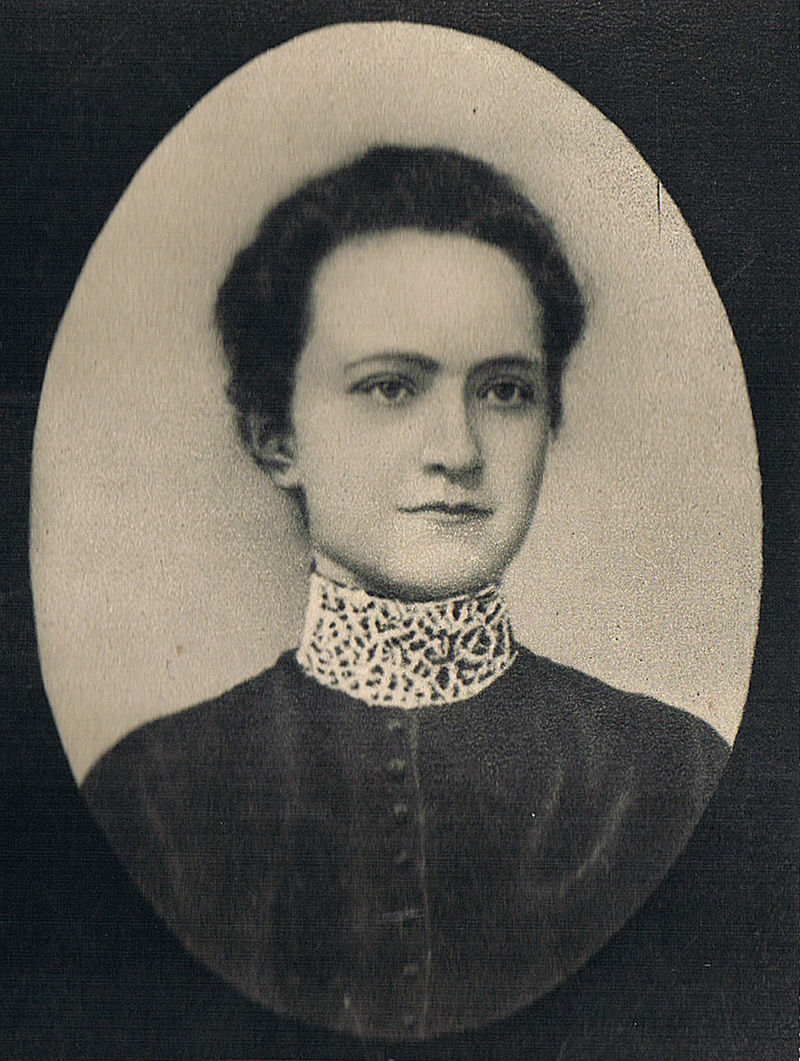On 15 December 1886, Wanda Krahelska was born. She was a socialist, member of the Combat Organisation of the Polish Socialist Party, who devoted most of her life to fighting for Poland’s independence. After the outbreak of World War II, she became involved in helping the Jewish population persecuted by the Germans.
She grew up in a family of landowners and participants of the January Uprising. After its fall her father was exiled to Eastern Siberia. During the 1905 Revolution she joined the Polish Socialist Party, distributing pamphlets and smuggling weapons. On 18 August 1906, she co-organised and carried out an unsuccessful bombing attempt on the Russian Governor-General of Warsaw, Gieorgii Skalon, who was responsible for repressions against the Polish people in the Kingdom of Poland. For fear of arrest, she entered into a marriage of convenience with Adam Dobrodzicki, becoming an Austrian citizen.
Her escape from the Russian partition probably saved her life, as she was soon arrested in Kraków and acquitted by a verdict of the regional court in Wadowice, even though she had admitted her involvement in the assassination. Several members of the Austrian parliament intervened in her case, and the trial itself was the cause for patriotic demonstrations.
In the interwar period, she and her husband Tytus Filipowicz were on diplomatic missions. Between 1935 and 1939 she worked as editor-in-chief of the monthly magazine Arkady. Acting pro-socially for women, she was vice-president of the Polish Association of Working Women.
During the German occupation, together with Zofia Kossak-Szczucka, she co-organised the Social Committee to Aid the Jewish Population, providing assistance to at least 180 people, most of them children. In December 1942, the Committee was transformed into the “Żegota” Council to Aid Jews.
Krahelska was awarded the Cross of Independence with Swords, the Knight’s Cross of the Order of Polonia Restituta and the Medal “Righteous Among the Nations”.





